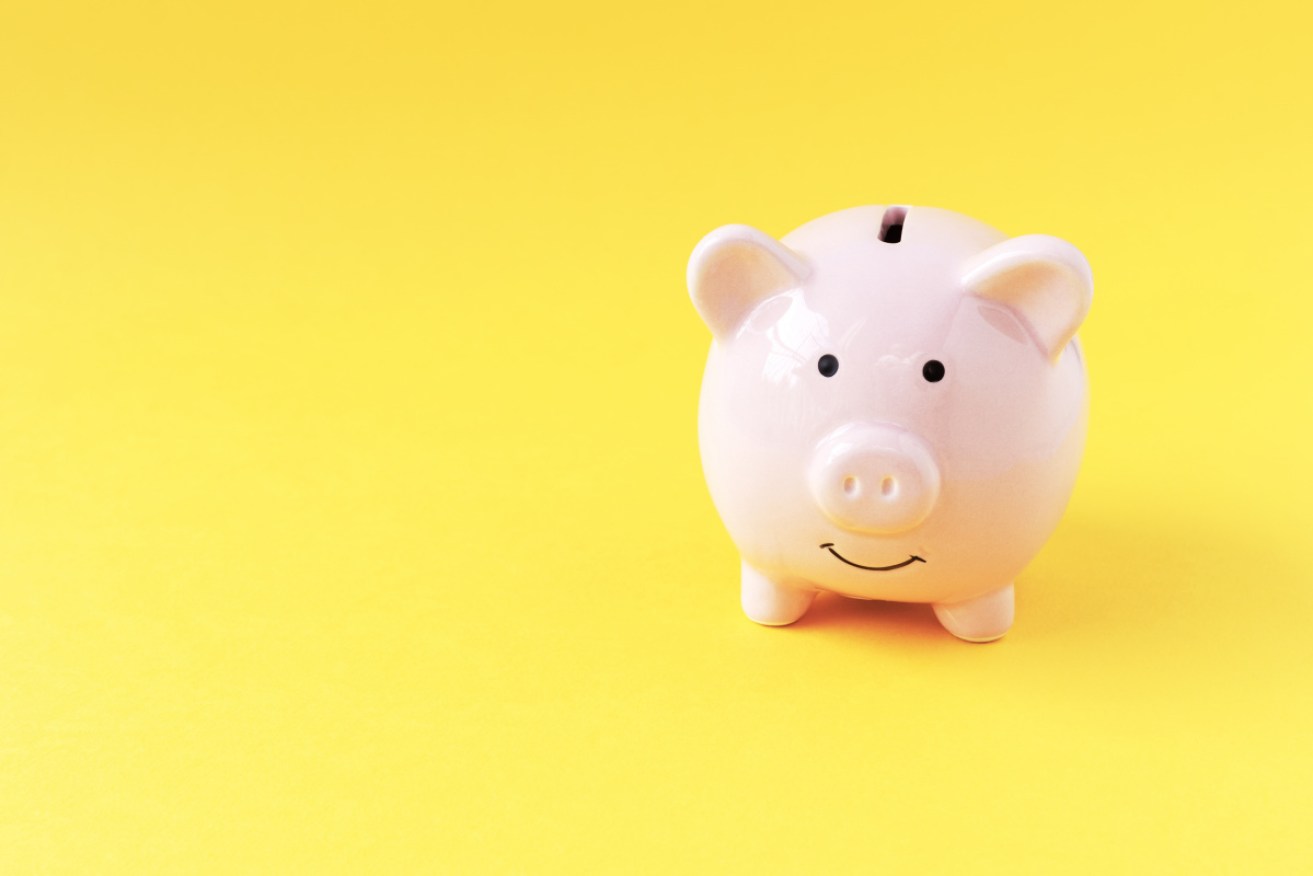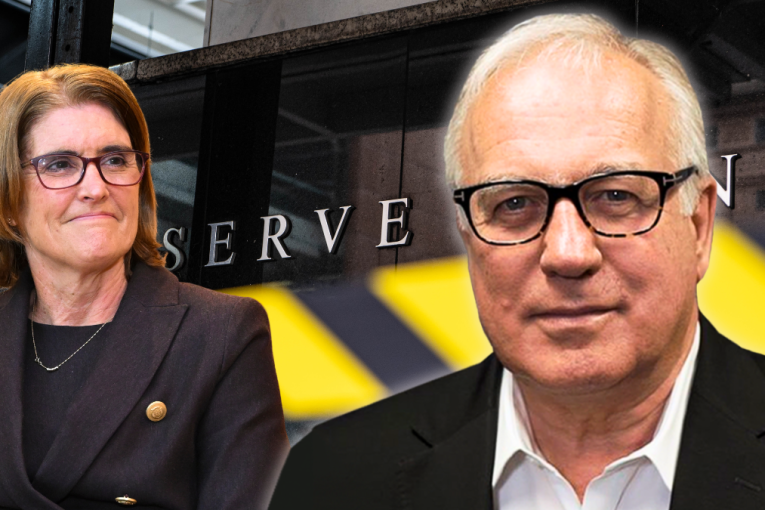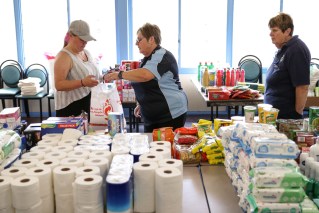Five ways being more organised will save you money


Saving money is sometimes as easy as becoming more organised. Photo: Getty
If you want to be richer, the first step could be simpler than you think: Be more organised.
Are you the type of person who throws out food that has gone bad because you didn’t get around to making a meal out of it?
Do you pay late fees on your bills or have subscriptions you don’t use?
Maybe your health insurance still covers you for pregnancy even though your family is complete?
If this sounds familiar, there is no escaping it: You might as well be burning money.
Story Wealth Management chief executive Anne Graham recommends doing an annual financial health check so you have a clear picture of how you spend your money and can identify any waste.
This can be as simple as writing down everything you spend for a month and checking what subscriptions you have and how much you spend on things like Uber Eats and online shopping, she said.
“It’s raising that to the forefront and you become aware of where your money is going and you can maybe stop that unconscious spending,” she said.
Ms Graham said people often waste money on their mortgage because they don’t know their interest rate and that they could get a better deal simply by calling their bank.
“You go to all the effort of setting up a mortgage or refinancing it and then it’s a bit of a ‘set and forget’ and then a few years later you look and you say, ‘Oh my gosh, I’m paying 5 per cent and I could be paying 2.”
Getting organised can feel overwhelming and annoying, so rather than tackling everything at once, write a list of small tasks and commit to doing one every fortnight.
“It takes time and people hate paperwork and they sometimes get a bit scared of their money and feel helpless so (they think) why bother doing anything,” Ms Graham said.
“Have a list and just tick one thing off at a time.”
So here are five areas where you could improve your organisation.
Food
We’ve all done it. We go to the supermarket with the best intentions for that bunch of kale, but later on we either don’t want to eat it or we’re invited out for dinner, which is more appealing than cooking.
So that expensive superfood turns bad in the back of the fridge.
Then there is the classic of not checking your cupboards before you go shopping and end up with five jars of peanut butter.
Ms Graham said meal planning can save you money because you only buy what you will use and it minimises shopping trips and the chances to make impulse purchases.
Bills
Ms Graham recommends setting up regular automatic direct debits for your bills so you don’t have to remember when they are due, or using reminders on your phone so you don’t miss a payment.
“If you’re organised and you pay your bills on time you don’t get penalised,” she said.
Another way to save is to set a regular date in your calendar to contact one of your energy providers or insurance companies to negotiate a better deal.
Tax and superannuation
Ms Graham recommends keeping your receipts in one place so they are easy to find at tax time to maximise your return.
“If you leave it too late (to do your tax return) then you’re scrambling around trying to find all the documents … just before the deadline and you might miss things,” Ms Graham said.
She said it’s a good idea to check your superannuation every three to six months to ensure your employer is making the correct contributions and to get an overview of your fund’s performance.
If you want to make extra payments into your super, which is a tax-effective strategy provided you don’t exceed contribution caps, ensure you leave plenty of time to do it before the end of each financial year.
“You could put in a diary reminder in April so that gives you two months to actually get it done … or if you’re organised you might be able to set it up so it goes in on a more regular basis, say every month,” Ms Graham said.
Subscriptions
If you sign up for free trials of things like streaming services only for a particular TV show, remember to make a note of when that period ends so you don’t end up paying for it.
You can also go through and check whether you are paying for subscriptions you don’t use like phone apps, gym memberships or magazines.
Insurance
Set aside time each year to check that your health insurance still meets your needs and that you aren’t paying for things that no longer suit you.
Ms Graham said it’s also worth reviewing your life and disability insurance.
“If you no longer have debt or high debt or your kids have grown up, then arguably you might not need as much insurance, so why keep paying for something that you don’t need any more.”








